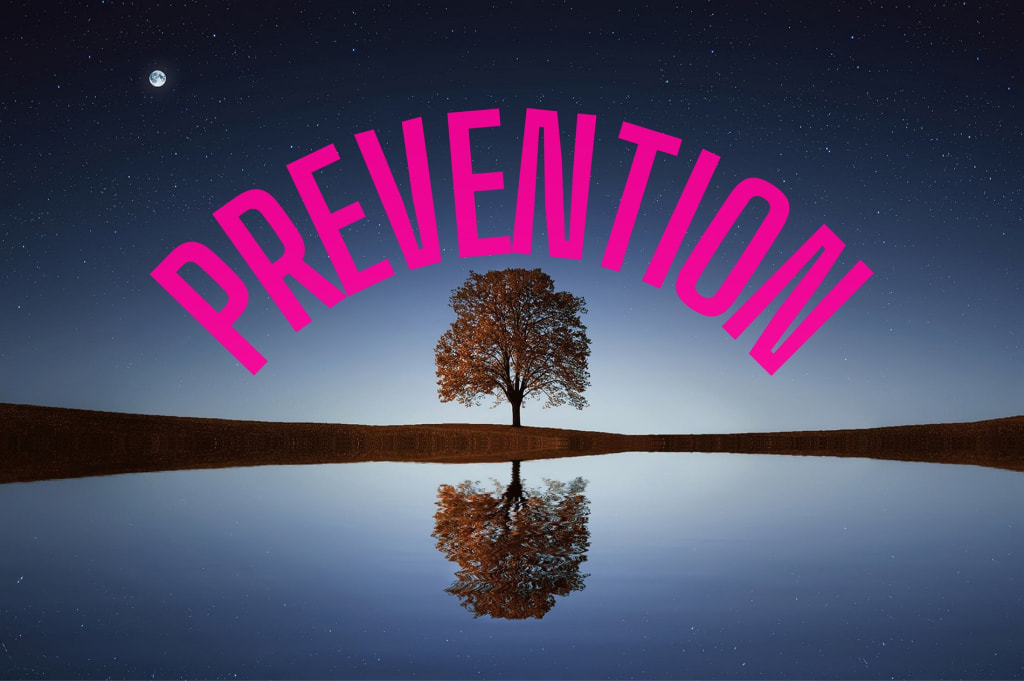
According to the World Health Organization (WHO), cancer is a major health problem and a leading cause of death worldwide; therefore, prevention is crucial.
Data from the IARC’s Global Cancer Observatory depicts the harsh reality: one in five men and one in six women develop cancer during their lifetime. One in eight men and one in eleven women will presumably die from it.
Cancer is the second-leading cause of death worldwide.
We celebrate World Cancer Day every 4 February, a global uniting initiative led by the Union for International Cancer Control (UICC). As mentioned on the official website, created in 2000, this event has grown into a positive movement for everyone, everywhere, to unite under one voice to face one of our greatest challenges in history.
“The goal is to raise worldwide awareness, improving education and personal, collective and government action, we’re working together to reimagine a world whecatalysing re millions of preventable cancer deaths are saved and access to life-saving cancer treatment and care is equal for all — no matter who you are or where you live.”
The problem
Definition
Cancer is a generic term for a large group of diseases that can affect any part of the body. Other terms used are malignant tumors and neoplasms. One defining feature of cancer is the rapid creation of abnormal cells that grow beyond their usual boundaries, and which can then invade adjoining parts of the body and spread to other organs, the latter process is referred to as metastasizing. Metastases are a major cause of death from cancer.
Cancer accounts for an estimated 9.6 million deaths in 2018. The most common forms are:
- Lung (2.09 million cases)
- Breast (2.09 million cases)
- Colorectal (1.80 million cases)
- Prostate (1.28 million cases)
- Skin cancer (non-melanoma) (1.04 million cases)
- Stomach (1.03 million cases)
The most common causes of cancer death relate to:
- Lung (1.76 million deaths)
- Colorectal (862 000 deaths)
- Stomach (783 000 deaths)
- Liver (782 000 deaths)
- Breast (627 000 deaths)
10 million people die from cancer every year.
The plot thickens
Murphy’s Seventh Law: Left to themselves, things tend to go from bad to worse.
The COVID-19 pandemic will undoubtedly have an unrelenting effect on those numbers, as the global Health Systems diverted human resources and facilities to respond to the overwhelming number of cases.
Hence, the cancer burden has probably grown exponentially during 2020. On the other hand, the system was engulfed by COVID-19 and could no longer adequately respond to all other afflictions.
The coronavirus outbreak exerted tremendous physical, emotional, and financial strain on individuals and nations alike, revealing how many health systems in low- and middle-income countries are least prepared to manage this type of pressure.
The total annual economic cost of cancer is estimated at US$1.16 trillion.
The harsh reality is that we know little about SARS-CoV-2 and its direct (or indirect) influence on other diseases.
Portugal and Sweden are perfect examples of the insidious power of this new coronavirus. Back in April 2020, while China was the “ugly,” Portugal was considered a “good” example, and “Sweden,” with its unorthodox approach, was the “bad.”
Almost a year later, the history of the pandemic has to be rewritten. China is no longer the “ugly,” Sweden is now the “good”, and Portugal became the “bad” and most recent European coronavirus blackspot.
70% of cancer deaths occur in low-to-middle income countries.
Portugal is a low- to-middle-income country. When the time comes to make an analysis on the incidence of cancer-related fatalities during the pandemic, I can imagine the numbers will be overwhelming.
Unfortunately, nowadays, many patients don’t have access to timely quality diagnosis and treatment.
Health systems worldwide are struggling to cope with a downfall in their cancer response capacities, and this issue is ongoing even in high-income countries.
I remain doubtful about the numbers concerning early detection, quality treatment, and survivorship care in 2020. Thus, regrettably, we shouldn’t expect to see the survival rates for many types of cancers improving during the pandemic.
The solution
Prevention is the way forward!
As reported by the WHO, between 30–50% of all cancer cases are preventable. Thus, prevention is the way forward and the most cost-effective long-term strategy.
At least one-third of common cancers are preventable.
10 ways to reduce cancer risk according to the WHO
- Do not smoke or use any form of tobacco;
- Make your home smoke free;
- Enjoy a healthy diet;
- Breastfeeding reduces the mother’s cancer risk;
- Vaccinate your children against Hepatitis B and HPV;
- Avoid too much sun, use sun protection;
- Reduce indoor and outdoor air pollution;
- Be physically active;
- Limit alcohol intake;
- Take part in organized cancer screening programs.
Final Thoughts
In this article, I have addressed several crucial issues on how cancer affects us. However, we have the power to reduce the rising incidence if we commit ourselves to the fight against cancer, as highlighted by the UICC:
- Raising awareness, understanding myths and misinformation;
- Prevention and risk reduction;
- Equity in access to cancer services;
- Government action and accountability;
- Beyond physical: mental and emotional Impact;
- Saving lives saves money.
How we can make a difference
Join the 21 days to impact challenge:
2021 is the final year of the ‘I Am and I Will’ campaign, we want to be part of your journey to achieving your ‘I Am and I Will’ commitment. Through the World Cancer Day 21 Days to Impact Challenge, we’ll be with you every single day for 21 days encouraging you along your way to making an impact through small but meaningful actions.
This article is for informational and entertainment purposes only. Please report to your local health authority for official guidance.
If you see content online that you believe to be false or misleading, you can report it to the hosting social media platform.
________________________
Thanks for reading this article. Please feel free to come back at any time and pick up another thread from my Vocal book of content by clicking HERE. Small tips and big hearts are highly appreciated. Till next time, cheers.
-Rui
About the Creator
Rui Alves
Hi, I'm Rui Alves, a teacher, army veteran & digital pathfinder. Author, alchemist of sound & Gen-AI artist.






Comments
There are no comments for this story
Be the first to respond and start the conversation.